In the bustling world of competitive gaming, a peculiar new contender has emerged from the unlikeliest of places – the produce aisle. Team Wai Gua, or "Crooked Melon Team," has taken the esports scene by storm with their unconventional roster of "vegetable heroes" – anthropomorphic produce characters rejected by mainstream gaming franchises. What began as a satirical mod has blossomed into a cultural phenomenon challenging our perceptions of beauty standards in virtual worlds.
The genesis of Team Wai Gua reads like something out of a discarded Pixar pitch. During the 2022 offseason, a group of Shanghai-based modders grew frustrated with the homogenized character designs dominating multiplayer arena games. "Every new hero looked like they stepped out of a K-pop training program," explains lead designer Lao Jiang, whose day job involves agricultural biotechnology. "We wondered – what happens to all the imperfect vegetables that don't make it to supermarket shelves?"
Their answer manifested in Bruised Eggplant, a purple-skinned brawler whose special ability "Nightshade Surprise" temporarily blinds opponents. The character's design leaned into every cosmetic flaw – dimpled skin, asymmetrical curves, and a stem that perpetually leans left. When leaked gameplay footage went viral, the developers discovered an unexpected appetite for their misfit produce. Within weeks, their Discord server overflowed with suggestions for additional characters, from Forked Carrot (a ranger-class hero with split-projectile attacks) to Triple-Chinned Tomato (a gelatinous tank capable of absorbing immense damage).
What sets Team Wai Gua apart isn't just their visual aesthetic, but their gameplay philosophy. Each character's "flaws" directly inform their combat capabilities. Knobby Potato's uneven surface gives attacks random critical hit modifiers, while Yellowing Broccoli emits area-of-effect spores that slow enemies as they wilt. This design approach has attracted professional players seeking unconventional strategies, with Team Wai Gua compositions now appearing in regional tournaments across Southeast Asia.
The cultural implications have blossomed beyond gaming circles. Child psychologists report increased vegetable consumption among young players who identify with the characters, while body positivity advocates praise the game's unapologetic celebration of imperfection. "These vegetables aren't 'fixed' versions of themselves," notes sociologist Dr. Evelyn Park. "Their power comes from working with their so-called defects rather than hiding them."
Behind the scenes, the development team faces unique challenges. Balancing asymmetrical hitboxes requires constant iteration, while corporate sponsors remain skittish about associating brands with "ugly" produce. Yet the grassroots movement shows no signs of slowing. When asked about expansion plans, Lao Jiang grins: "We've barely scratched the surface. Wait until you see Sunburned Pepper's rage mechanics or Hollowed-Out Zucchini's tunneling abilities."
Perhaps the most telling indicator of Team Wai Gua's impact came during last month's Cosplay Expo, where for the first time in convention history, more attendees dressed as imperfect vegetables than as traditional fantasy heroes. As one teenager in a meticulously crafted Split-Pea Pod costume explained: "Regular heroes get boring. These guys? They've got character." In an industry obsessed with polished perfection, Team Wai Gua's blemished battalion might just be gaming's freshest innovation.
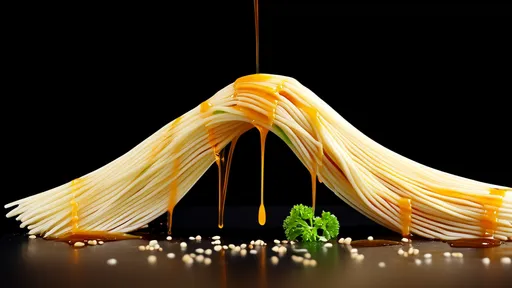
By /Jul 7, 2025
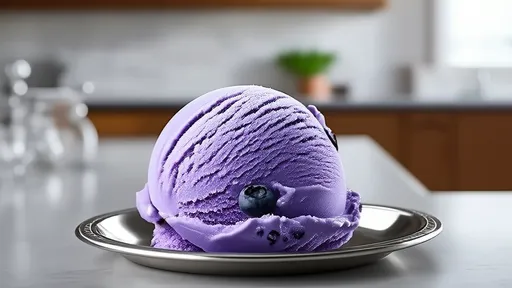
By /Jul 7, 2025
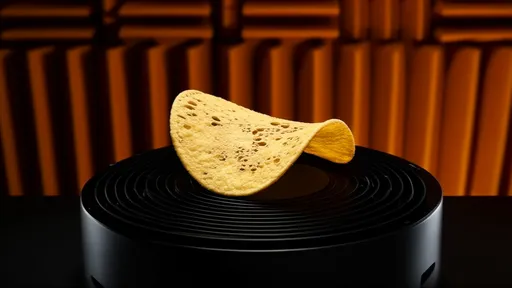
By /Jul 7, 2025
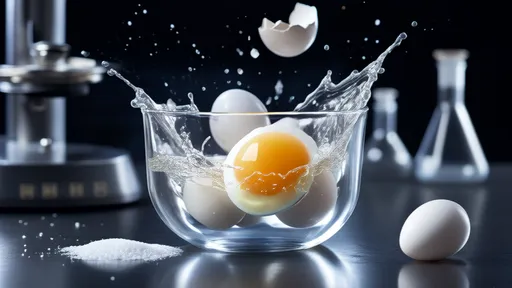
By /Jul 7, 2025
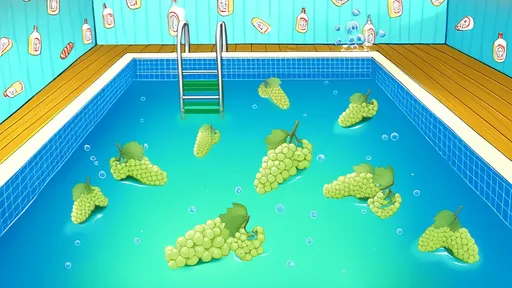
By /Jul 7, 2025

By /Jul 7, 2025
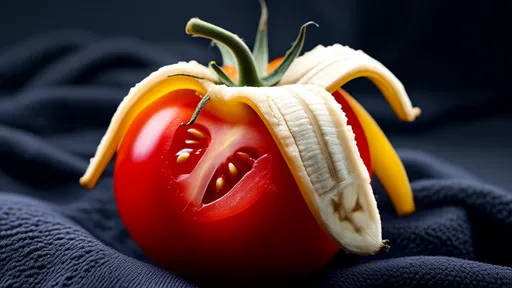
By /Jul 7, 2025
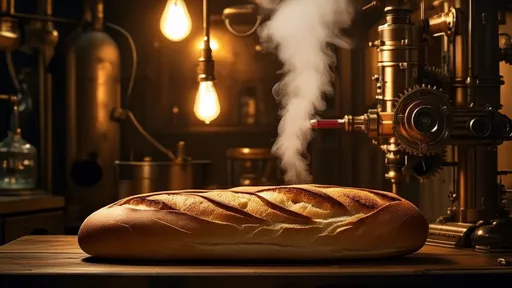
By /Jul 7, 2025
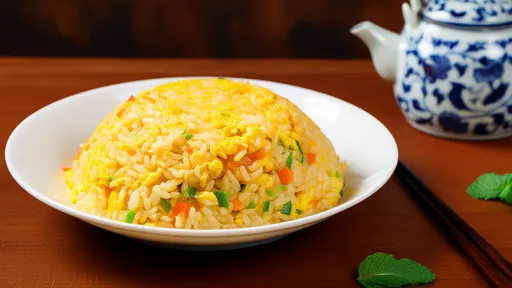
By /Jul 7, 2025
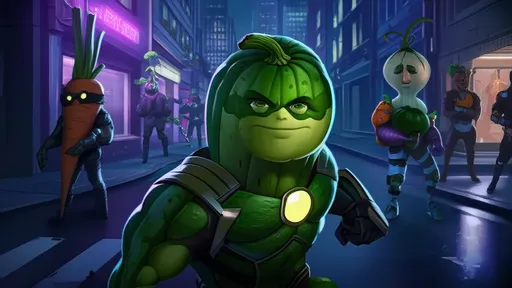
By /Jul 7, 2025
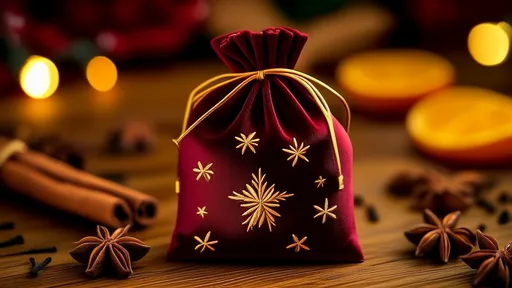
By /Jul 7, 2025

By /Jul 7, 2025
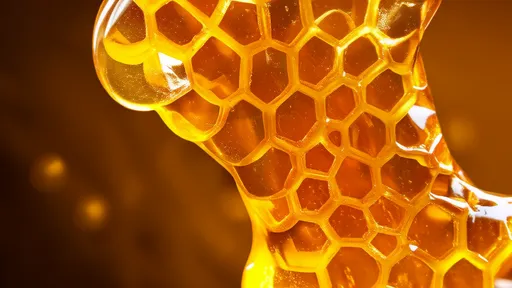
By /Jul 7, 2025
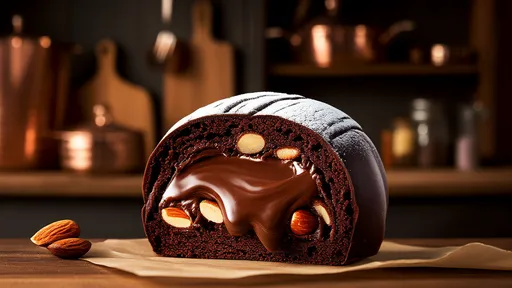
By /Jul 7, 2025
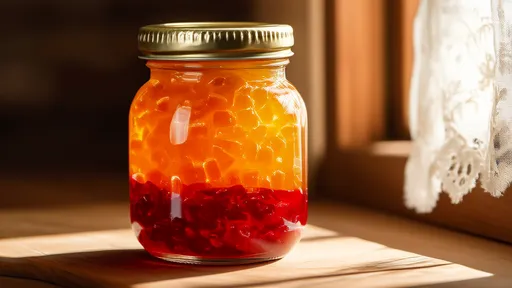
By /Jul 7, 2025
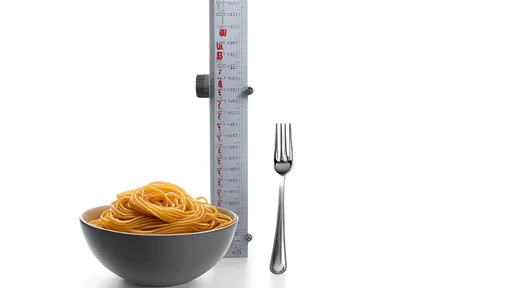
By /Jul 7, 2025
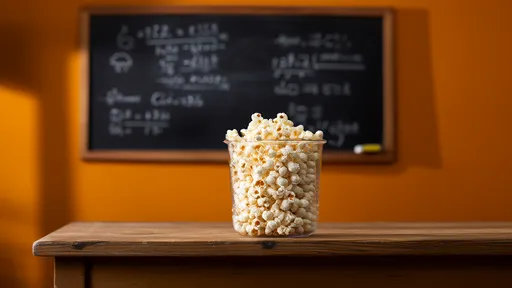
By /Jul 7, 2025

By /Jul 7, 2025